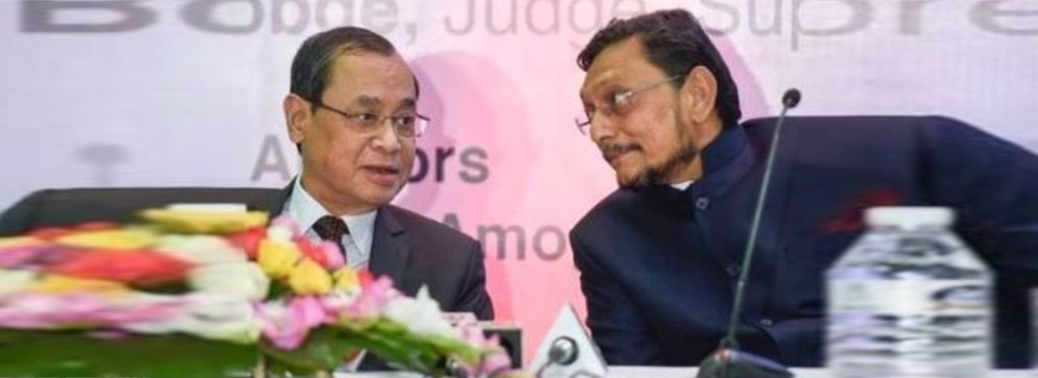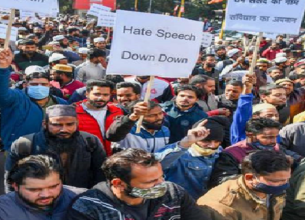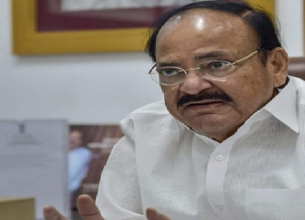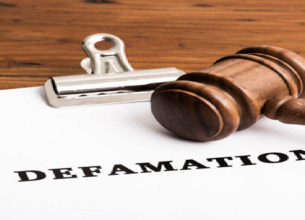APPOINTMENT OF CHIEF JUSTICE
20, Oct 2019

Prelims level : Polity
Mains level : GS-II Structure and Function of Judiciary
Why in News?
- Chief Justice of India Ranjan Gogoi Thursday in a letter to Union Law Minister Ravi Shankar Prasad recommended Justice Sharad Arvind Bobde as his successor. Justice Bobde will have a tenure of one year and five months as CJI till April 23, 2021.
Constitutional Provision Regarding Appointment:
- The Constitution of India includes no details about how the Chief Justice of India is to be appointed.
- Article 124(1) says that there “shall be a Supreme Court of India consisting of a Chief Justice of India” , but is silent on the criteria or procedure for appointing a CJI.
- The only provision in the Constitution which mentions anything about the appointment of a CJI is Article 126 — which deals with the appointment of an acting CJI.
- In the absence of any Constitutional provision or statute, we have to look to convention and custom to determine who will be the next CJI.
Convention:
- When the current/incumbent CJI retires (all Supreme Court judges retire at the age of 65) the senior-most judge of the apex court among those remaining becomes the CJI.
- This is not a question of age, but depends on when a judge was appointed to serve on the Supreme Court. The longer a judge has been part of the Supreme Court, the more senior he or she is.
Procedure in case of same Appointment Date:
- Which judge was sworn in first — which was used to determine who would be CJI
- Which judge has had more years of high court service; or
- If one of the judges was nominated from the Bar directly (like Justices Rohinton Nariman or Indu Malhotra), while the other(s) have previously served as a high court judge, the person with experience as a judge will be given preference.
Procedure for Appointment:
- The seniority convention tells us who should become the next CJI, but how this is to be done is laid out in the Memorandum of Procedure (MOP) between the government and judiciary.
- Ministry of Law & Justice will seek the recommendation of the outgoing CJI as to who should be the next CJI.
- The CJI should recommend the “senior-most judge of the Supreme Court considered fit to hold the office”. However, if there are any doubts as to the fitness of the senior-most judge as per convention, the CJI needs to consult the Collegium to decide if a different judge needs to be recommended.
- After receipt of the CJI’s recommendation, the law minister will forward the recommendation to the prime minister, who then advises the President as to this recommendation.
- The President administers the oath of office for the new CJI.










